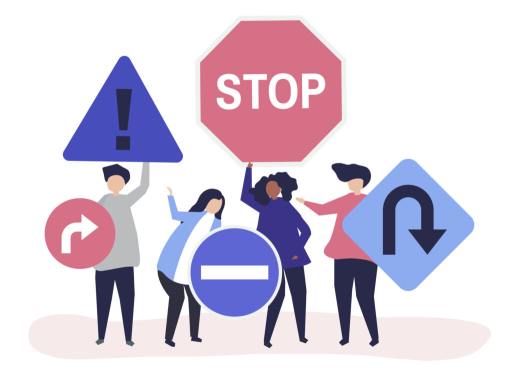
Blog: finance and real estate made simple
Articles and insights to help you navigate and grow
Insurance as a Penalty

Hand on heart – who actually enjoys paying insurance premiums? I certainly don’t, and my hand always shakes when I do, even though I know that going uninsured to save a few hundred euros can end up being the most expensive “saving” in your life.
The idea of insurance as a “penalty” for not having assets may sound slightly controversial, and it can have several aspects.
But do we always need to be insured? Isn’t there an alternative?
Yes – it’s called self-insurance, and it’s not rocket science. You just need to understand why you’re doing it and be consistent.
Let’s look at a simple, yet not unusual, example:
Tomáš, in his thirties, works as a sales representative for a pharmaceutical company and earns a net monthly income of €2,200. After graduating from university, he decided to stay in Prague, buy his own apartment, and pay a mortgage. This costs him €1,000 a month, another €1,000 goes to “living expenses,” and the remaining €200 goes into pension savings.
Being responsible, Tomáš has life insurance linked to his mortgage, covering permanent disability from an accident, second- and third-degree invalidity, and the risk of serious illnesses. Student life and furnishing his home drained him financially, so his savings are negligible, and he lives paycheck to paycheck.
Tomáš is aware that illness or injury could take him out of work for several months, and even if he significantly reduced expenses, his income might not be enough to cover the mortgage. And you really don’t want to owe your bank missed mortgage payments! Therefore, he also has loss-of-income insurance starting from day one of incapacity.
So far, Tomáš is a responsible man – the bank and insurance company like him, and they always get their money. But looking at his bank account makes him sad – money comes in, stays briefly, and quickly disappears.
Let’s pause here and examine Tomáš’s finances more closely. Where could he save on insurance? In a few steps:
-
Calculate how much is needed to have the recommended six-month emergency fund to cover unexpected expenses.
-
Sort expenses into essential and non-essential.
-
Consistently and persistently build the emergency fund.
-
Once the fund is in place, he can cancel his loss-of-income insurance from day one and change it to start from day 55 (cheaper), or even cancel it entirely thanks to his emergency savings – thus saving on premiums.
For someone used to “living in the now,” this is often difficult. This is where a financial advisor can help, assisting in financial optimization and acting as a coach and support when the temptation arises to spend the gradually saved money.
All good things in moderation – next month, you can look forward to more tips on how to save on insurance.
Stone & belter blog
Similar articles
Category















